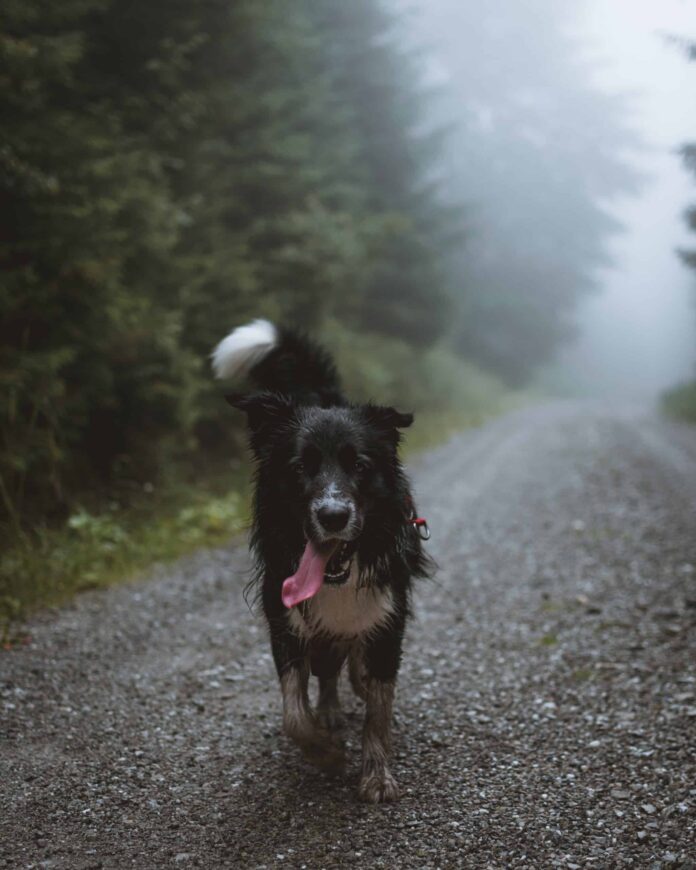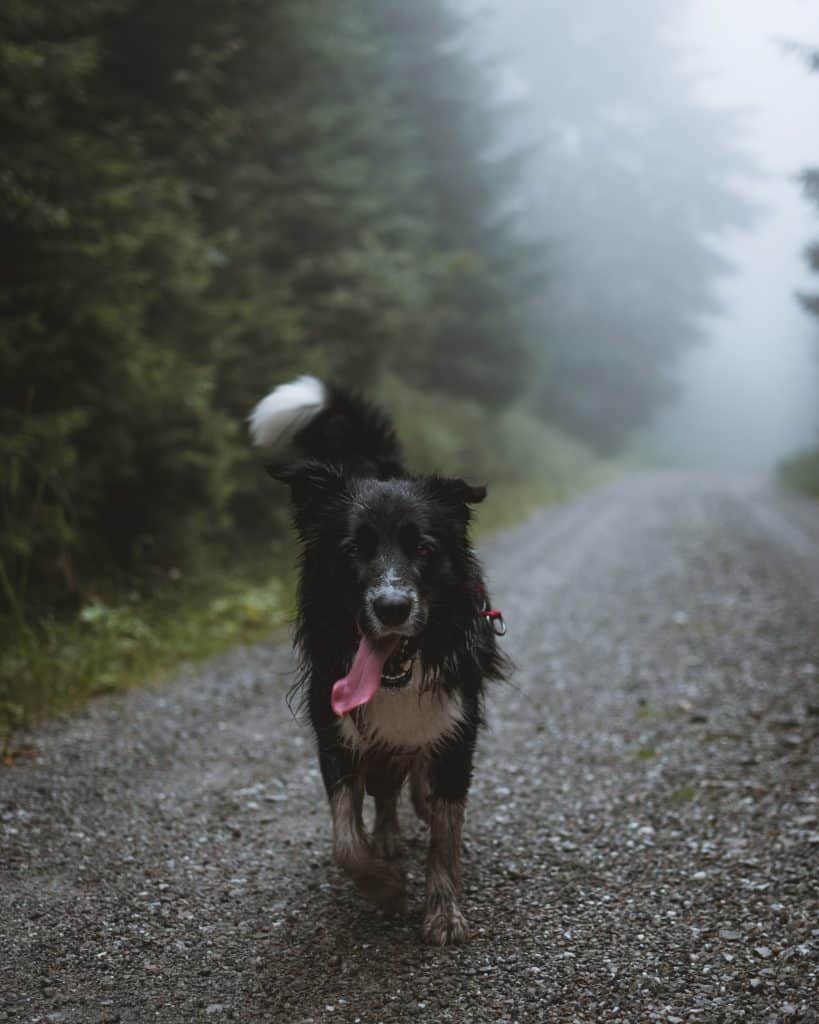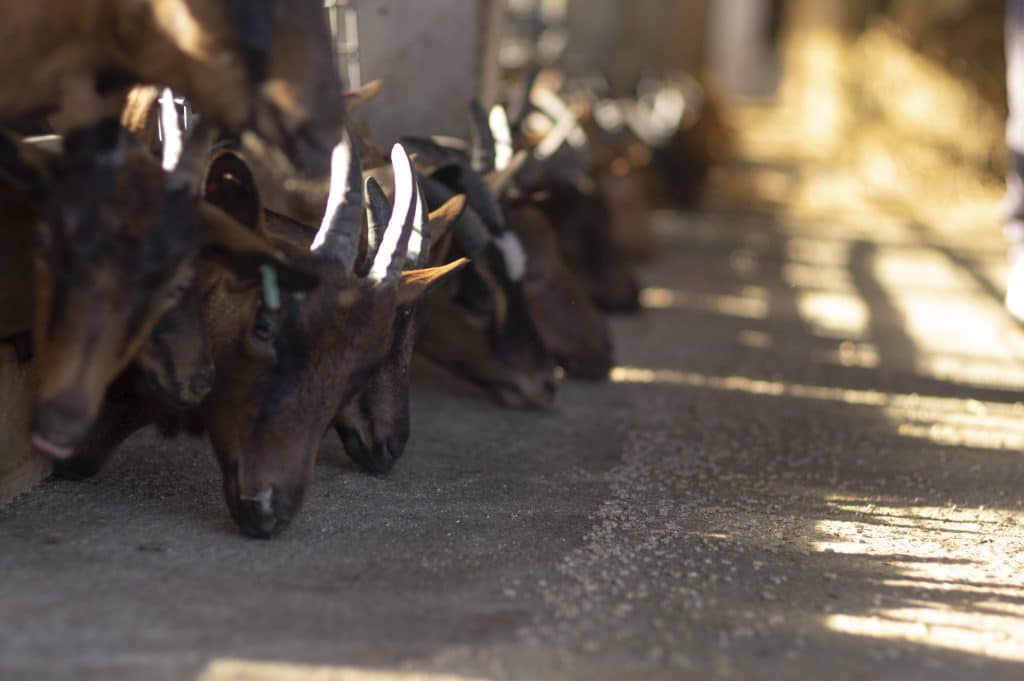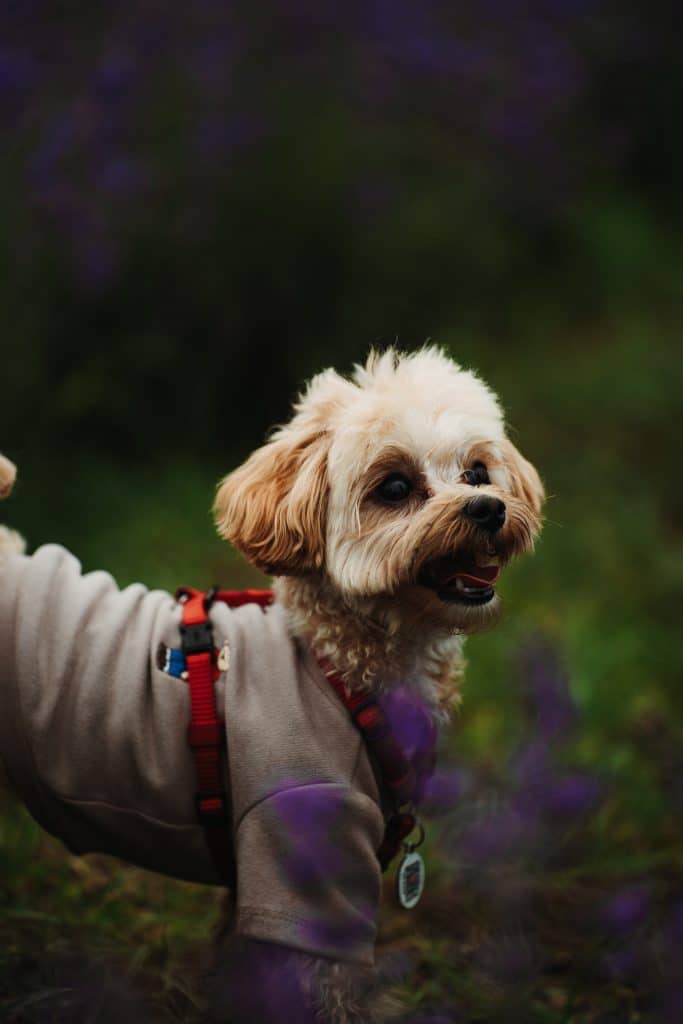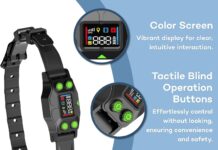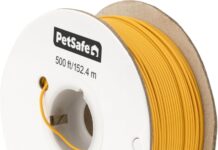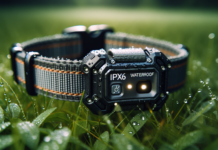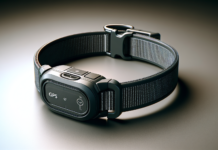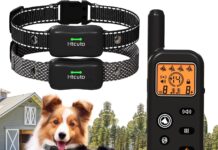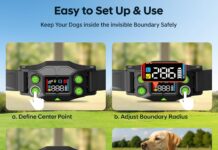In the fascinating world of dog accessories, harness vests have become increasingly popular as a functional yet stylish option for our four-legged friends.
But with so many different breeds out there, it begs the question: what breeds are harness vests particularly suited for?
This article will explore the diverse range of breeds that can benefit from harness vests, highlighting their unique features and specific needs.
So whether you have a small, energetic terrier or a larger, more laid-back companion, read on to discover how harness vests can enhance their daily adventures.
This image is the property of images.unsplash.com.
Size and Breed Considerations
When choosing a harness vest for our furry friends, it is essential to consider their size and breed. By considering these factors, we can ensure that the harness vest provides the perfect fit and balance of comfort and security for our beloved pets. In this article, we will explore the considerations to consider when selecting a harness vest for different sizes and breeds of dogs.
Size Considerations
The first aspect to consider is the size of our furry friends. Dogs come in various sizes, ranging from small to extra-large. Choosing a harness vest that fits our dogs properly is crucial, as an ill-fitting vest can lead to discomfort, restriction of movement, or even injury.
Choosing a harness vest designed explicitly for petite frames is essential for small breeds, such as Chihuahuas, Pomeranians, and Yorkshire Terriers. These breeds typically have delicate necks and chests, and a harness vest that evenly distributes the pressure across their bodies will prevent strain or discomfort.
Medium-sized breeds, such as Beagles, Cocker Spaniels, and French Bulldogs, require harness vests that balance support and flexibility. These dogs benefit from a vest providing enough room for movement while offering a secure fit.
Giant breeds, including German Shepherds, Labrador Retrievers, and Golden Retrievers, require harness vests that can handle their strength and size. Strong and durable materials and adjustable straps are necessary to ensure a comfortable and secure fit for these breeds.
Extra-large breeds, such as Great Danes, Newfoundlands, and Saint Bernards, need harness vests tailored to their massive stature. These breeds require harnesses that offer exceptional strength and stability without sacrificing comfort.
Breed Considerations
In addition to size, considering the breed of our furry friends is equally important when selecting a harness vest. Different breeds have varying body structures and unique needs that should be considered.
Brachycephalic breeds, like Bulldogs and Pugs, have short snouts and compact bodies. Harness vests with wider chest plates and padded straps for these breeds can alleviate pressure on their sensitive respiratory systems.
Sighthounds like Greyhounds and Whippets possess deep chests and slim bodies. Harness vests explicitly designed for sighthounds offer a snug fit around their chest area, preventing discomfort or potential injury.
Now that we have discussed the size and breed considerations, let’s explore the essential features to look for in a harness vest.
Harness Vest Features
When selecting a harness vest for our furry friends, there are several key features to consider. These features contribute to the vest’s overall comfort, safety, and functionality.
Breathability and Durability
Harness vests with breathable materials, such as mesh or nylon, ensure our dogs remain relaxed and comfortable during walks or outdoor adventures. Look for vests with good air circulation to prevent overheating, especially during hot weather.
Durability is another crucial factor. Dogs can be active and exuberant during their walks, so choosing a harness vest made from high-quality materials and reinforced stitching is essential for long-lasting use.
Adjustability and Comfort
A well-fitting harness vest is crucial for our dogs‘ comfort and safety. Look for vests that offer adjustable straps or buckles, allowing for a customizable fit to accommodate different body shapes and sizes. Comfort features such as padded chest plates or straps can provide extra cushioning and reduce the risk of chafing or rubbing.
Visibility and Safety Features
Harness vests should prioritize visibility and safety, especially during evening walks or in low-light conditions. Vests with reflective strips or integrated LED lights enhance our dogs’ visibility, ensuring they can be seen by passing vehicles or pedestrians.
Let’s delve into the specific harness vest recommendations for different breeds.
Small Breed Harness Vests
For our pint-sized companions, such as Chihuahuas, Pomeranians, and Yorkshire Terriers, harness vests explicitly designed for small breeds are the way to go.
With their delicate frames, Chihuahuas require harness vests with adjustable straps and padded chest plates to distribute pressure evenly and prevent discomfort.
Pomeranians, known for their fluffy coats, benefit from harness vests made with breathable materials to keep them cool and comfortable. Adjustable straps are essential to accommodate their tiny bodies.
On the other hand, Yorkshire Terriers require harness vests that offer comfort and security. Look for vests with snug fits and adjustable straps to ensure a perfect fit without restricting their movements.
Medium Breed Harness Vests
Moving on to medium-sized breeds, such as Beagles, Cocker Spaniels, and French Bulldogs, harness vests that strike a balance between support and flexibility are ideal.
Beagles, known for their boundless energy, need harness vests that allow for a full range of motion. Look for vests made from durable materials and adjustable straps to accommodate their active lifestyles.
With their long and flowing coats, Cocker Spaniels benefit from harnessing vests with breathable fabrics to prevent overheating. Additionally, padded straps provide comfort and reduce the risk of tangled hair.
French Bulldogs, characterized by their muscular builds, require harness vests with wide chest plates and sturdy materials. Adjustable straps are crucial to achieve a secure and comfortable fit for these active pups.
This image is the property of images.unsplash.com.
Large Breed Harness Vests
Harness vests that can handle their size and strength are necessary for our more prominent furry friends, such as German Shepherds, Labrador Retrievers, and Golden Retrievers.
With their powerful bodies, German Shepherds require robust harness vests made from durable materials. Adjustable straps and buckles ensure a secure fit and prevent strain or discomfort.
Labrador Retrievers, known for their love of water, benefit from harness vests that are water-resistant or quick-drying. Look for vests that offer comfort and functionality, allowing them to indulge in aquatic adventures.
Golden Retrievers, prized for their friendly and gentle nature, require harness vests that balance strength and comfort. Adjustable straps and padded chest plates enhance their comfort during walks or outdoor activities.
Extra-Large Breed Harness Vests
Finally, let’s discuss our extra-large furry friends, such as Great Danes, Newfoundlands, and Saint Bernards. These gentle giants require harness vests designed to accommodate their massive size and strength.
With their towering stature, Great Danes need harness vests that offer exceptional strength and stability. Look for vests made from heavy-duty materials and reinforced stitching to ensure optimal durability.
Newfoundlands, known for their water-rescue abilities, require harness vests to handle their swimming adventures. Look for vests with buoyancy or quick-drying capabilities to accommodate their love for the water.
Saint Bernards, characterized by their gentle and affectionate nature, require harness vests with wide chest plates and padded straps for maximum comfort and support. Adjustable straps are essential to achieve a secure fit for these lovable giants.
This image is the property of images.unsplash.com.
Breeds with Special Harness Vest Needs
Some breeds have specific needs and characteristics that should be considered when selecting a harness vest. Let’s discuss two notable categories: brachycephalic breeds and sighthounds.
Brachycephalic Breeds
Brachycephalic breeds, including Bulldogs and Pugs, have unique respiratory structures due to their flat faces. Harness vests with wider chest plates and padded straps are crucial for these breeds, as they help alleviate pressure on their respiratory systems, reducing the risk of breathing difficulties or discomfort.
Sighthounds
Sighthounds like Greyhounds and Whippets have deep chests and slim bodies. Harness vests designed for sighthounds offer a snug fit around their chest area, preventing discomfort or potential injury. Look for vests with adjustable straps or buckles to ensure a customized fit for these graceful and athletic breeds.
Sporting Breed Harness Vests
Sporting breeds, such as Border Collies, Australian Shepherds, and Siberian Huskies, require harness vests that can handle active and energetic lifestyles.
Border Collies, known for their intelligence and agility, benefit from harness vests made from lightweight and durable materials. Look for vests offering unrestricted movement and adjustable straps for a secure fit during training sessions or outdoor adventures.
With their boundless energy, Australian Shepherds need harness vests that provide both comfort and functionality. Look for vests with breathable fabrics and adjustable straps to accommodate their active lifestyle.
Siberian Huskies, renowned for their endurance and love for cold weather, require harness vests suitable for their outdoor escapades. Look for vests with water-resistant or weatherproof features to keep them warm and dry during their adventures in the snow or rain.
Working Breed Harness Vests
Working breeds, such as Boxers, Doberman Pinschers, and Rottweilers, require harness vests that can handle their strength and determination.
With their powerful bodies, boxers need harness vests made from sturdy and durable materials. Reinforced stitching and adjustable straps are crucial to ensure a secure fit during their intense work or training sessions.
Doberman Pinschers, known for their loyalty and intelligence, require harness vests that offer strength and comfort. Look for vests with wide chest plates and padded straps to distribute pressure evenly and prevent discomfort.
Rottweilers, characterized by their robustness and protective instincts, benefit from harness vests with solid construction and reinforced handles. These features ensure optimal control and security during their working or protection duties.
Herding Breed Harness Vests
Herding breeds, such as Corgis, Australian Cattle Dogs, and Shetland Sheepdogs, require harness vests that cater to their herding instincts and active lifestyles.
With their short legs and long bodies, Corgis require harness vests that offer a secure fit without hindering their movements. Look for vests with adjustable belly straps and a snug chest fit to ensure comfort and agility.
Australian Cattle Dogs, known for their intelligence and herding abilities, benefit from harness vests with sturdy materials and reinforced handles. These features allow for optimal control during herding tasks or training sessions.
Shetland Sheepdogs, characterized by agility and versatility, require harness vests that offer comfort and flexibility. Adjustable straps and padded chest plates are essential to ensure a secure fit without restricting their movements.
In conclusion, when choosing a harness vest for our furry friends, we must consider their size and breed. By considering their specific needs and characteristics, we can select a harness vest that provides optimal comfort, security, and functionality.
Whether our furry friends are small, medium, large, extra-large, or belong to breeds with special requirements, a wide variety of harness vests are available to cater to their unique needs. So, let’s ensure we choose the perfect harness vest that allows them to enjoy their outdoor adventures to the fullest!

